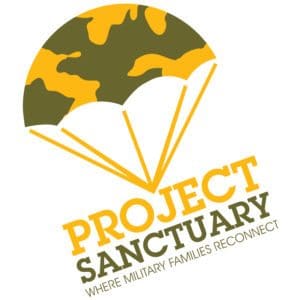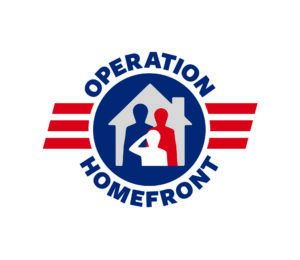Being a military caregiver is like being in an adventure--every day is different.
How did you handle your first challenges as a military caregiver?
We didn’t have a lot of information about my husband’s injuries, but because of my background in research, I spent a lot of time looking up information and presenting it to his primary medical caregiver. I was lucky enough to find a local mentor who had been a caregiver for her husband who served during the Korean War. She helped me figure out coping mechanisms for dealing with my husband’s sometimes unpredictable mood shifts.
How do you find strength in the difficulty of your day-to-day life?
I have developed a good collection of friends who call, text, and generally check-in. Even over great time differences, I’ve found a core group of caregiver friends who will always support me, just as I support them. But there are days when I don’t find the strength. There are definitely days in which I act like a robot and just go with the flow.
Who are the people you’ve come to rely on for help?
I lead a support group that encourages me to recharge my batteries. We put our phones in a basket and take some time to try to laugh and relax. We grab some ice cream or do some art journaling. We don’t always “follow the rules” of a support group, but it is important to me.

My Story
Elizabeth's husband was hit by an improvised explosive device (IED) that resulted in a traumatic brain injury (TBI), post traumatic stress disorder (PTSD), and numerous physical injuries. For a long time, they didn’t realize that there were support groups to help deal with her husband’s depression and thoughts of suicide.
As a Dole Fellow, Elizabeth is committed to being a peer mentor, using her own experiences to encourage caregivers to give themselves time, and to be patient with their veterans.











